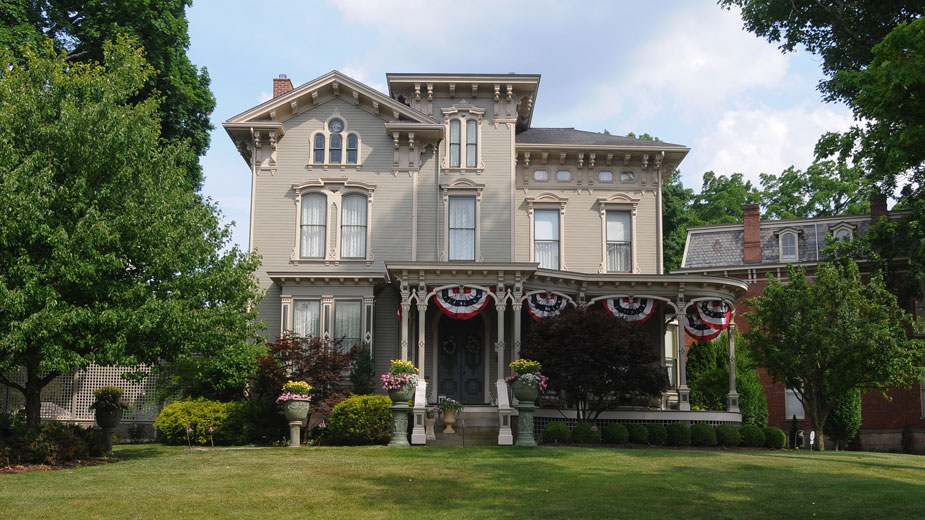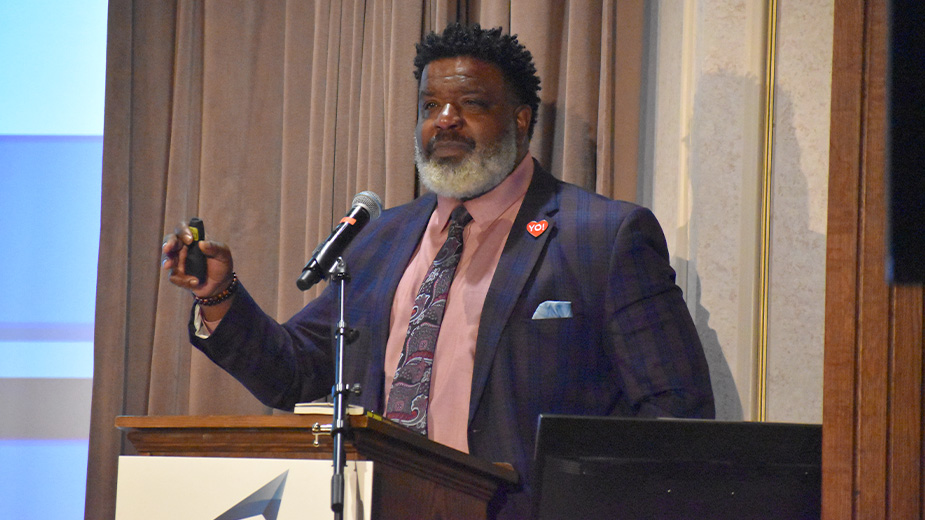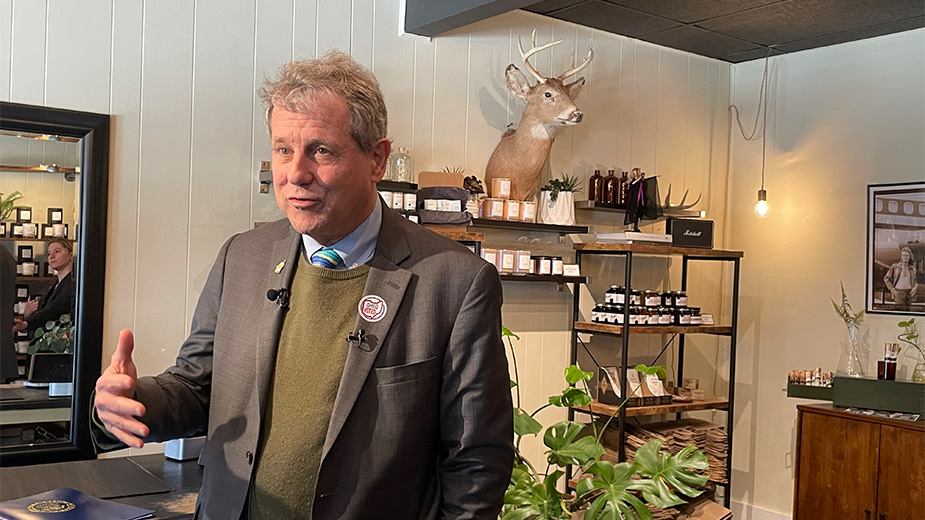Poland’s Walker House Figured in President’s Life
POLAND, Ohio — During the late 19th century, the large Victorian-era mansion that stands at the corner of Riverside Drive and South Main Street in Poland was the focus of scandal in the life of our 25th president.
William McKinley, who moved to Poland from Niles with his family in 1852, had by the 1870s risen through the political ranks in Ohio with the help of one his staunchest financial backers, Robert Long Walker. Walker built the house on the corner in 1876 and lived there nearly 20 years.
According to journalist Ida Tarbell’s autobiography, All In A Day’s Work, Walker was a Republican Party stalwart who started doling advances to McKinley – then a successful attorney in Canton – as early as his first congressional campaign in 1876. Tarbell, who came to Poland in 1880 and taught two years at Union Seminary (today, Poland Middle School) would rise to prominence as one of the country’s most influential journalists, she recalls that Walker – a successful farmer and local banker – had the reputation of being a “modest, honest-minded man” who held deep respect for McKinley and the Republican Party.
Walker showed that respect in the form of financial support – lending $2,000 to McKinley for his campaigns with the understanding that $1,000 would be paid back annually, according to Tarbell.
Throughout the decade of the 1880s, Congressman McKinley became one of the leaders behind an initiative to impose a high tariff on manufactured goods entering the United States. More specifically, the congressman worked for tariff protection for the tin plate industry.
By the late 1880s, it was likely that such a bill would pass with a provision that protected tin plate, and McKinley urged Walker to go into business with his brother-in-law, Andrew Duncan, to establish a tin plate stamping plant in Youngstown. Since Duncan had no money to invest, McKinley was willing to provide signed notes to the tune of $100,000 – more money than McKinley was worth – to back the venture for his longtime friend, Tarbell wrote.
The plant opened in 1890, the same year the “McKinley Tariff” bill was passed. Actually, the timing couldn’t have been worse. Shortly after the plant opened, the U.S. economy started to crumble, culminating in the Panic of 1893. In February of that year, the plant shut down – after Walker had cashed in McKinley’s notes in a futile attempt to save the company. According to Tarbell – who was a frequent guest at the Walker house and friend of the Walkers’ daughter, Clara – Walker told her that no note was ever cashed without first consulting McKinley.
But by then, McKinley had emerged as a favorite among Republicans for the party’s presidential nomination. When word of McKinley’s involvement in the company’s failure became public – McKinley himself contemplated leaving politics and returning to Canton to practice law – the future president’s political allies rallied around him and placed the blame squarely on Walker.
“He was the fall guy,” says Ted Heineman, a historian of Poland who has written about the incident. “Walker lost his fortune and then had to sell his house.”
As Tarbell writes: “The Republican committee deliberately put on Robert Walker the stigma of fraud, presented him to the public as a man who had betrayed confidence, and William McKinley never denied their presentations.”
Heineman says Walker was forced to move into a more modest house and died in 1919, nearly impoverished.
McKinley was elected president in 1896 and re-elected in 1900. He was assassinated in 1901.
Pictured: The “Walker House” in the village of Poland.
Copyright 2024 The Business Journal, Youngstown, Ohio.



